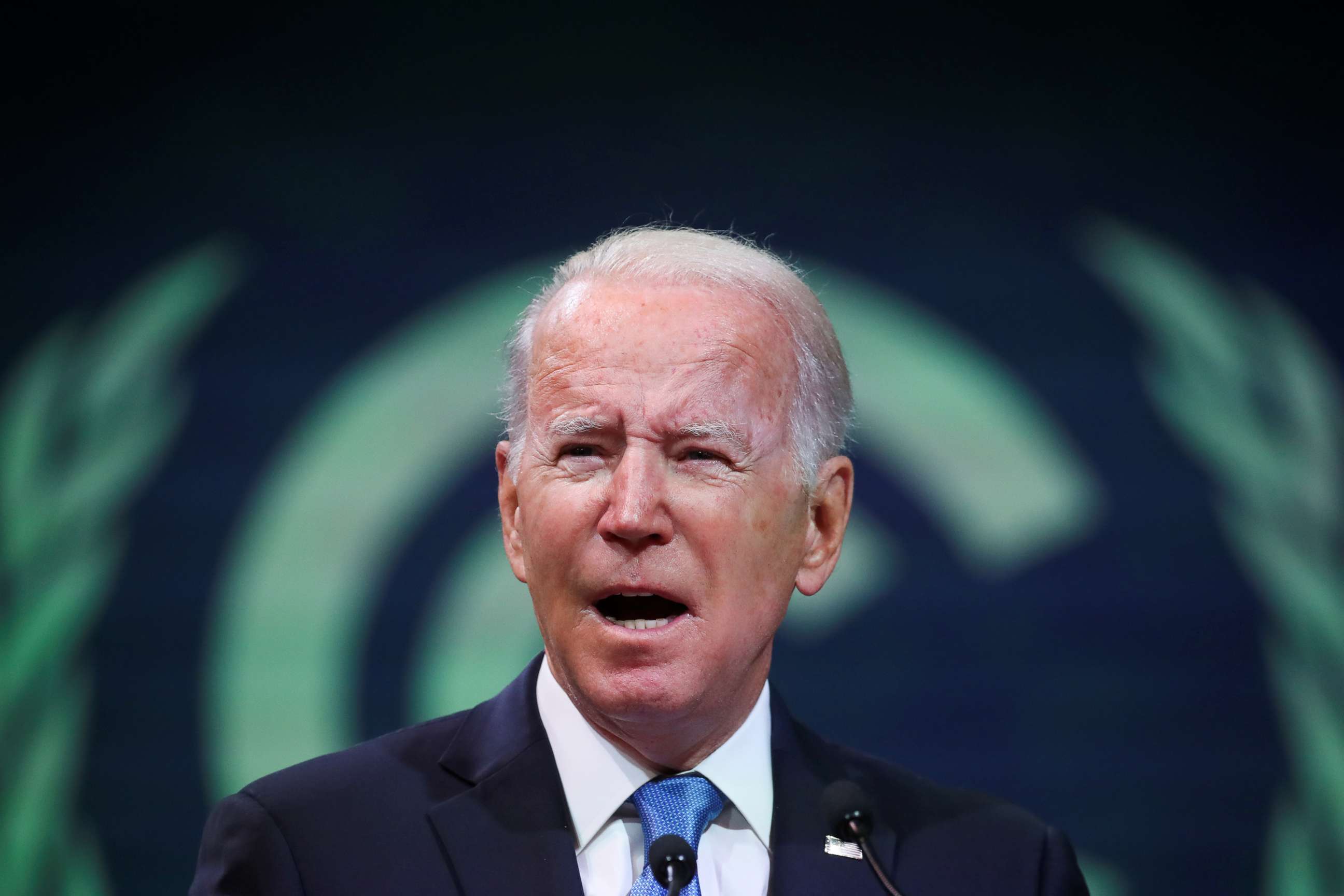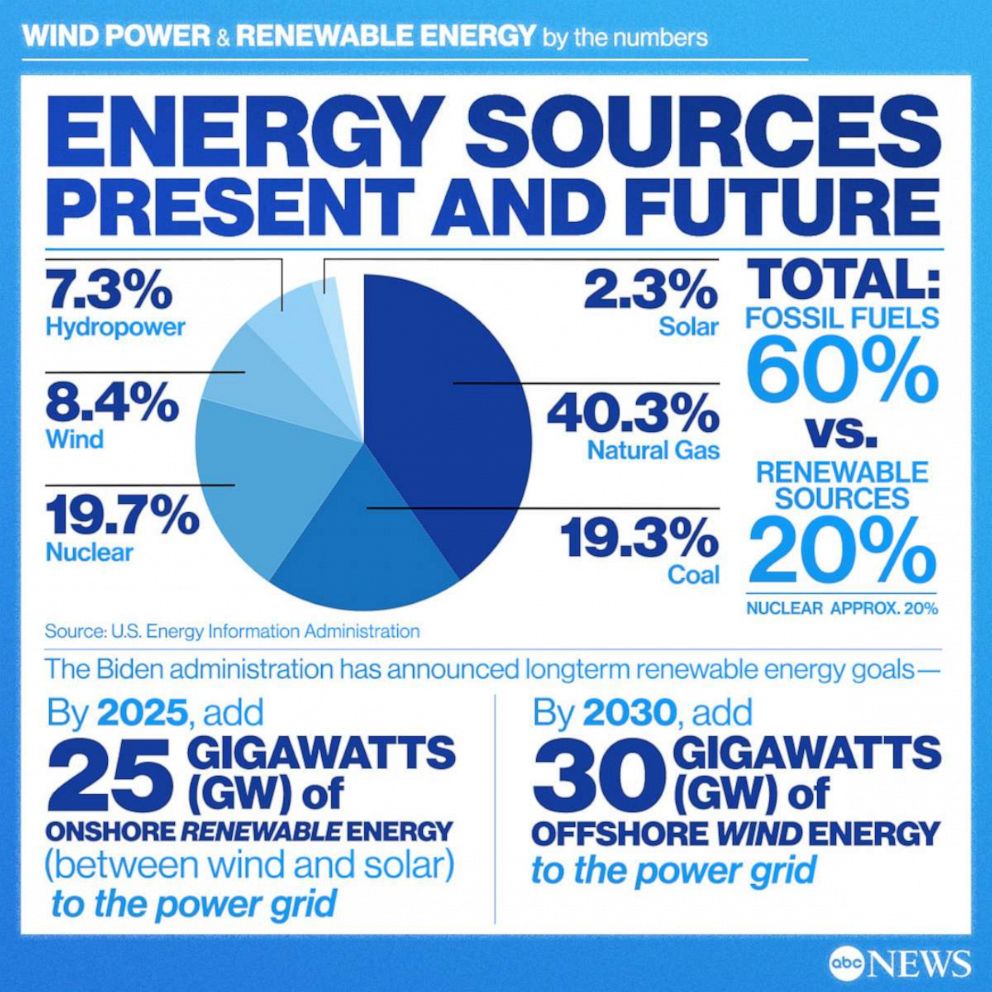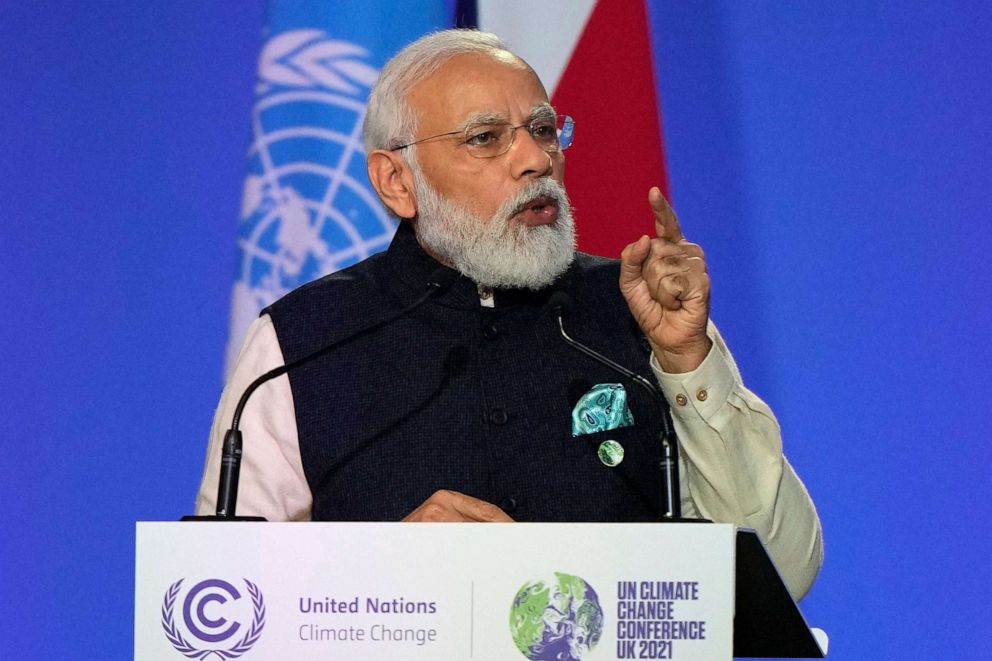Leaders from nearly every country in the world have converged upon Glasgow, Scotland, for COP26, the United Nations Climate Change Conference that experts are touting as the most important environmental summit in history.
The conference, delayed by a year due to the COVID-19 pandemic, was designed as the check-in for the progress countries are making after entering the Paris Agreement, which aims to limit global warming to well below 2 degrees Celsius, a value that would be disastrous to exceed, according to climate scientists. More ambitious efforts aim to limit warming to 1.5 degrees Celsius.
Not one country is going into COP26 on track to meeting the goals of the Paris Agreement, according to experts. They will need to work together to find collective solutions that will drastically cut down on greenhouse gas emissions.
"We need to move from commitments into action," Jim Harmon, chairman of the World Resources Institute, told ABC News. "The path to a better future is still possible, but time is running out."
All eyes will be on the biggest emitters: China, the U.S. and India. While China is responsible for about 26% of the world's greenhouse gas emissions, more than all other developed countries combined, the cumulative emissions from the U.S. over the past century are likely twice that of China's, David Sandalow, a senior research scholar at Columbia University's Center on Global Energy Policy, told ABC News.







